
A lot of what holds people back from financial success are their thoughts and beliefs about money — not their job title or salary.
It turns out, you’re probably already making enough money to become rich, as David Bach preaches in “The Automatic Millionaire“; and you can splurge on a $4 mocha and build wealth at the same time, as Farnoosh Torabi explains in “You’re So Money.”
Here, we’ve explained how those, plus 12 more books, could change your perspective on money and your ability to finish rich.
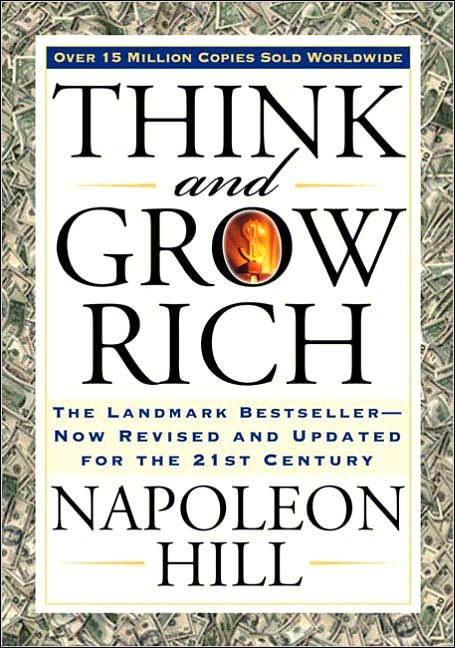
‘Think and Grow Rich,’ by Napoleon Hill
Prompted by legendary businessman Andrew Carnegie, who turned a few nickels and dimes into a fortune, journalist Napoleon Hill researched more than 500 self-made millionaires over 20 years before releasing his 1937 best-seller “Think and Grow Rich.”
He boils down the “secret” to building wealth into 13 principles and reveals “major causes of failure” that hold many of us back from getting rich.
This read will help you understand that getting rich is more about mentality than anything else. In fact, there is no mention of “money,” “wealth,” “finances,” or “stocks” within Hill’s text. He focuses on breaking down the psychological barriers that prevent many of us from attaining our own fortunes — and explains how to start thinking your way to success.
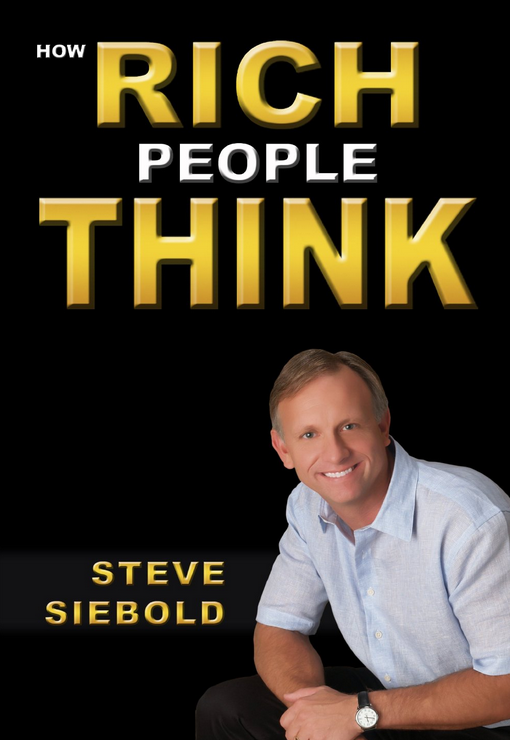
‘How Rich People Think,’ by Steve Siebold
When self-made millionaire Steve Siebold started interviewing some of the richest people in the world over 30 years ago, he was broke and searching for answers to success. What he found after studying over 1,000 millionaires and billionaires completely changed his approach to life.
“What I discovered was, to get rich, I had to learn to think like a rich person,” he writes in “How Rich People Think,” the culmination of his studies. “I spent the first 25 years of my life thinking about money like the masses, which kept me broke. Once I changed my thinking, the money started to flow.”
Everyone has the same opportunity to get rich, he assures. Pick up a copy of his book, which is broken down into bite-sized, easy-to-digest chapters, to learn how to start thinking and acting like the wealthy.
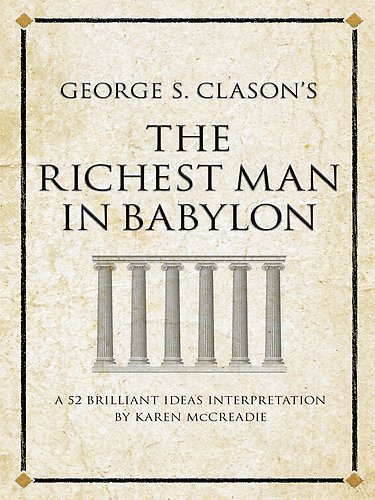
‘The Richest Man in Babylon,’ by George S. Clason
Nearly a century ago, George S. Clason revealed what it takes to get rich in his 1926 personal finance classic, “The Richest Man in Babylon.”
It turns out, the “secret” to getting rich is not much of a secret at all, Clason writes. All it takes is the ability to grasp a few simple, yet highly effective, concepts, such as paying yourself first, living below your means, and investing in yourself.
He articulates these concepts through a collection of amusing parables based in the wealthiest city of the ancient world: Babylon.
For a sneak peak, check out some of his best insights about investing, success, and growing your personal wealth.
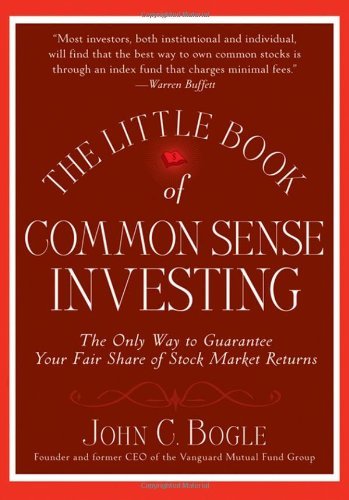
‘The Little Book of Common Sense Investing: The Only Way to Guarantee Your Fair Share of Stock Market Returns,’ by John C. Bogle
One of the most effective ways to get rich is to invest … if you do it correctly.
Successful investing isn’t necessarily easy — it requires discipline and patience — but it is simple, Bogle emphasizes in “The Little Book of Common Sense Investing.” Endorsed by Warren Buffett, the quick read explains the only way to guarantee your fair share of stock market returns: investing in low-cost index funds.
Bogle, founder of the Vanguard Group and creator of the world’s first index fund, explains why these relatively straightforward vehicles can be so effective — and warns against investment fads and fashions.
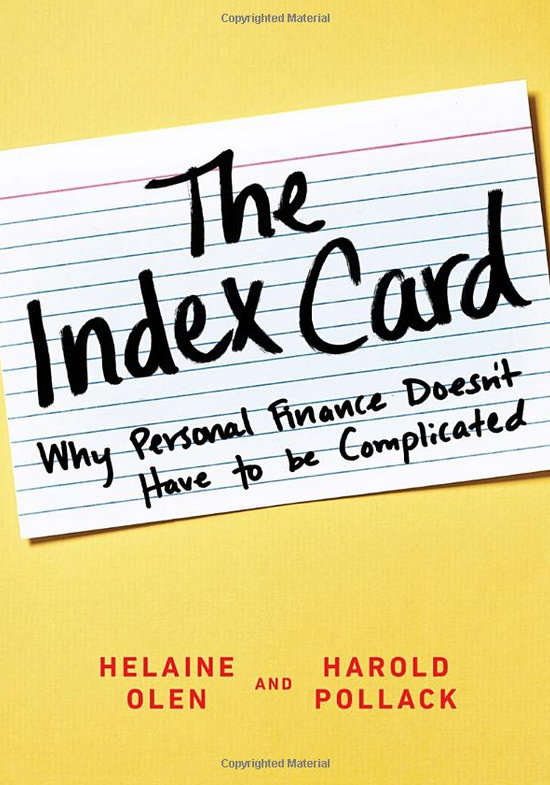
‘You’re So Money: Live Rich, Even When You’re Not,’ by Farnoosh Torabi
In 2013, University of Chicago professor Harold Pollack offhandedly mentioned that the best money advice fits on a three-by-five inch index card while interviewing financial journalist Helaine Olen.
He then posted a photograph of the index card on his blog and things quickly went viral.
His point was that personal finance isn’t complex. In “The Index Card,” he teams up with Olen to further explain the 10 simple rules of the index card and why the “embarrassingly simple” advice outperforms the complicated financial strategies out there.
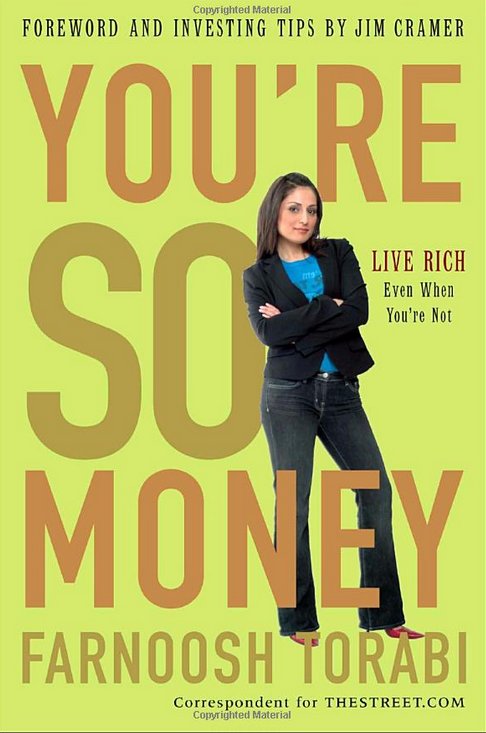
‘You’re So Money: Live Rich, Even When You’re Not,’ by Farnoosh Torabi
Are you making entry-level pay but love your lattes and nights out with friends? In “You’re So Money,” Torabi teaches you how to splurge without draining the bank and where to find easy places to save money to balance it out.
“Having it all doesn’t mean being super rich or even rich,” she writes. “It mostly means knowing what you want and what you absolutely can’t live without, and then going for it.”
It turns out, you can eat organic yogurt or buy that pair of designer jeans while simultaneously shedding debt and saving responsibly for the future.
You’ll have to read to find out how.
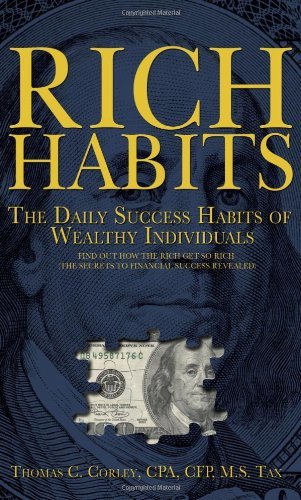
‘Rich Habits: The Daily Success Habits of Wealthy Individuals,’ by Thomas Corley
Your daily habits may be a major determinant of your wealth.
“The metaphor I like is the avalanche,” writes Corley, who spent five years studying the lives of both rich people and poor people before outlining his findings in “Rich Habits.” “These habits are like snowflakes — they build up, and then you have an avalanche of success.”
Corley segmented out what he calls “rich habits” and “poverty habits,” meaning the tendencies of those who fit in each group. Everyone has some rich habits and some poverty habits. “The key is to get more than 50% to be rich habits,” he says.
Pick up a copy, and look out for his upcoming companion book “Change Your Habits, Change Your Life,” to start developing the rich habits of self-made millionaires today.
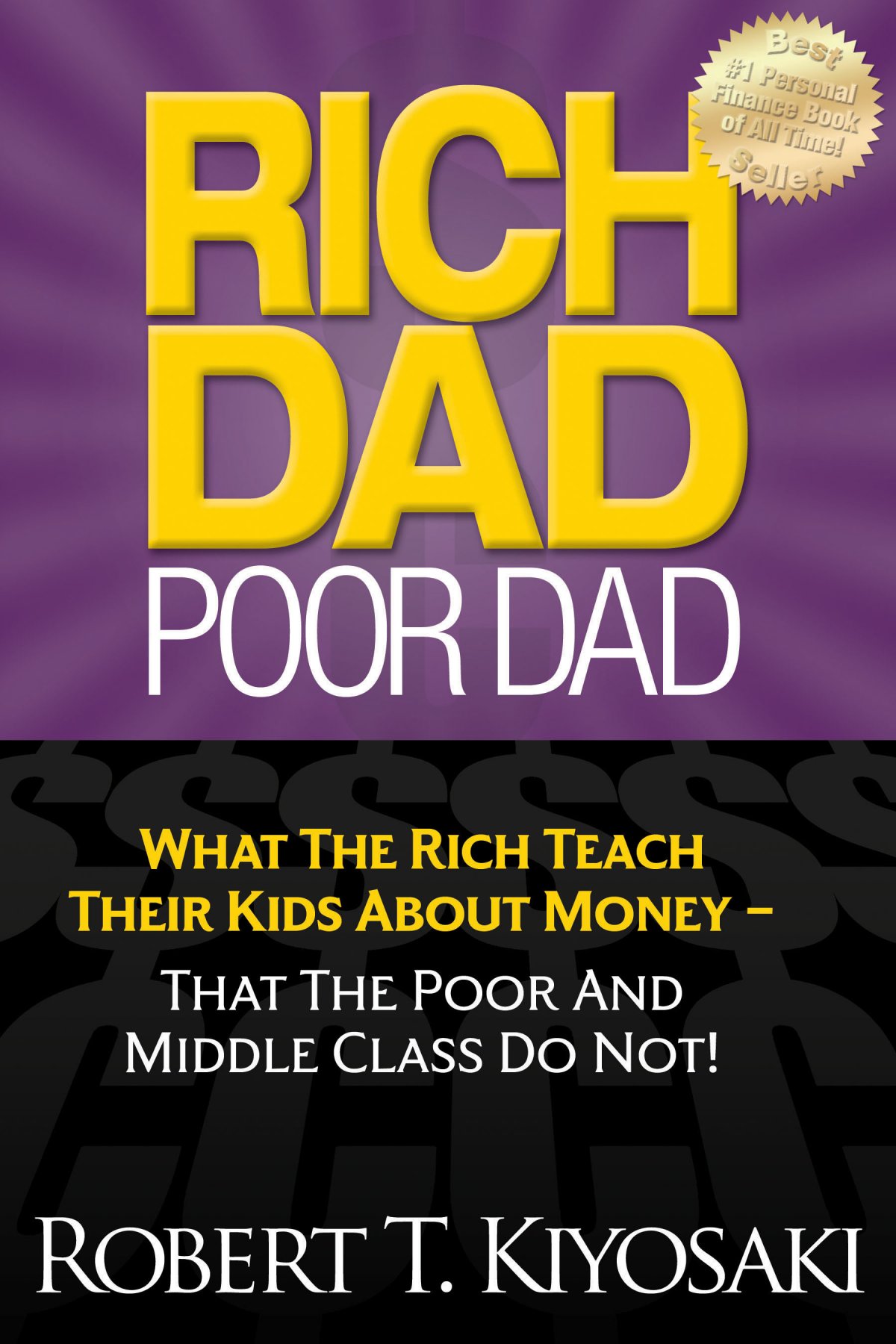
‘Rich Dad Poor Dad: What The Rich Teach Their Kids About Money That the Poor and Middle Class Do Not!’ by Robert Kiyosaki
Multimillionaire Robert Kiyosaki tells the story of two dads — his own, and the father of his best friend — in his personal finance classic “Rich Dad, Poor Dad.”
His definition of wealth places significantly more weight on the money you have saved for tomorrow (whether for retirement, emergencies, or major events and purchases) than the money you have available to spend today.
Kiyosaki shatters the myth that earning a lot of money makes you rich, and teaches you how to start building wealth even with a modest salary. As he emphasizes, “It’s not how much money you make. It’s how much money you keep.”
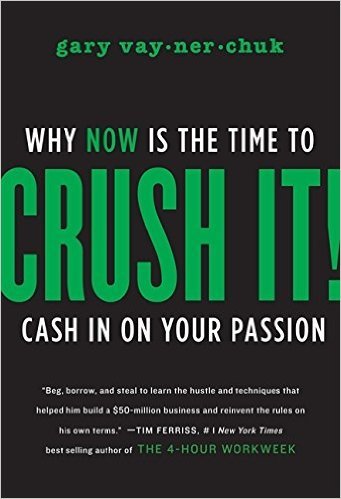
‘Crush It!: Why NOW Is the Time to Cash In on Your Passion,’ by Gary Vaynerchuk
“Live your passion,” entrepreneur Gary Vaynerchuk preaches in “Crush It!” which details how you can follow your passion and make money along the way.
In this day and age, anyone can use social networking tools and the internet to make a living doing what they love — and with enough passion, you can build “not just a business, but a powerful personal brand that makes you all the money and, more important, brings you all the happiness you could ever want,” Vaynerchuk writes.
If you’re stuck in a job you hate, this could be the perfect read to inspire you to start doing what you love.
At the end of the day, rich people follow their passion — and the money tends to follow.
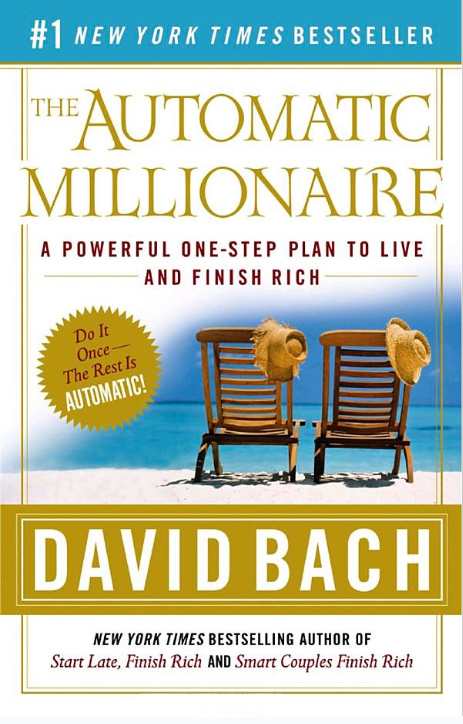
‘The Automatic Millionaire: A Powerful One-Step Plan to Live and Finish Rich,’ by David Bach
“How much you earn has almost no bearing on whether or not you can and will build wealth,” Bach writes. This is one of many misconceptions he exposes in “The Automatic Millionaire.”
In fact, “Regardless of the size of your paycheck, you probably already make enough money to become rich,” he assures.
Case in point: The bestselling author starts with the story of an average American couple who managed to own two debt-free homes, send two kids to college, and retire at the age of 55 with over $1 million dollars in savings.
You’ll have to read to find out how they did it.
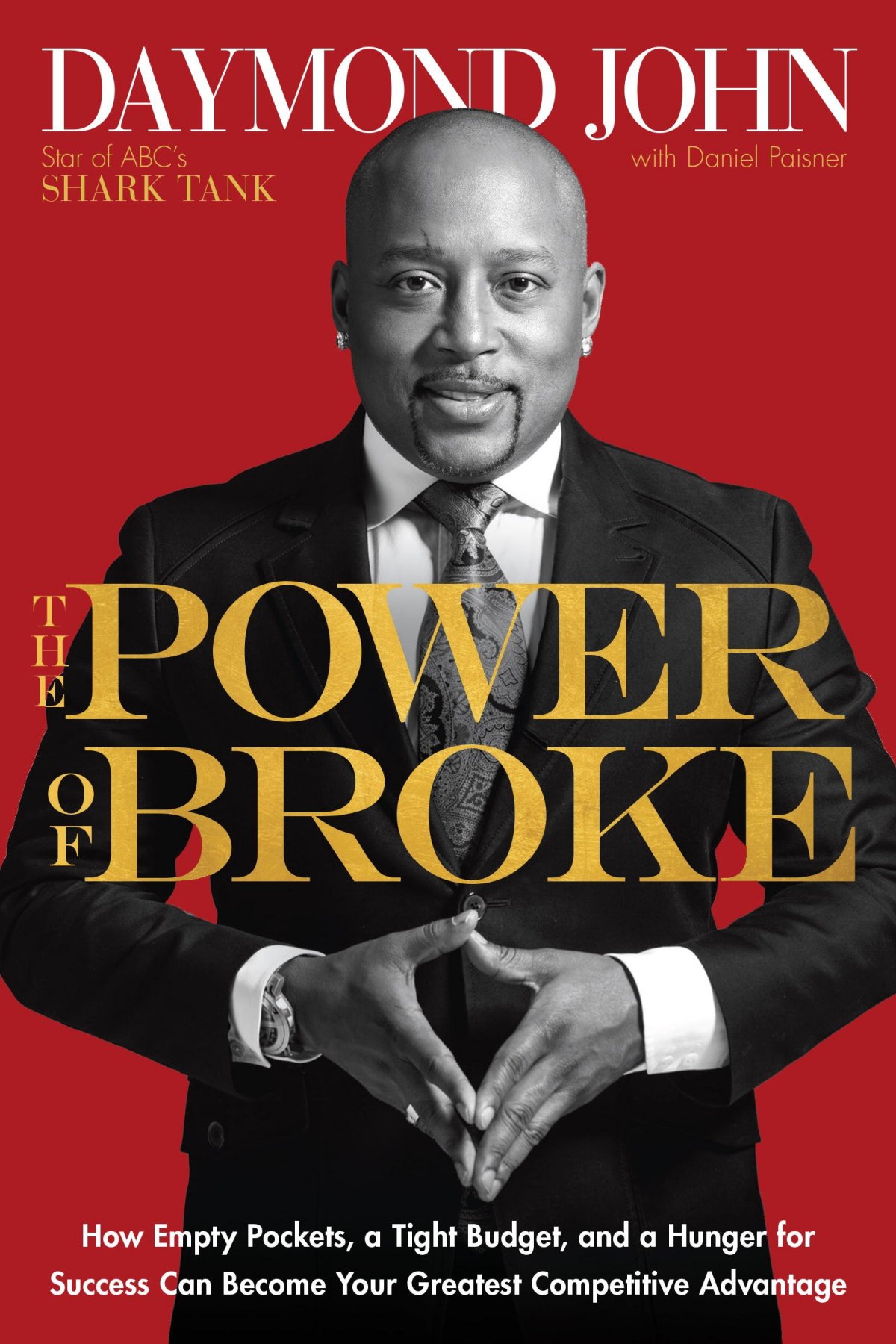
‘The Power of Broke: How Empty Pockets, a Tight Budget, and a Hunger for Success Can Become Your Greatest Competitive Advantage,’ by Daymond John
“Shark Tank” investor and entrepreneur Daymond John was broke with a $40 budget when he was starting FUBU, which today is a $6 billion brand.
He says there’s at least one major bright side to being broke — its ability to spark urgency and innovation — and details his journey from boot-strapped to wealthy in “The Power of Broke.”
Don’t write off your chances of success if your bank account is low. Rather, use it to your advantage.
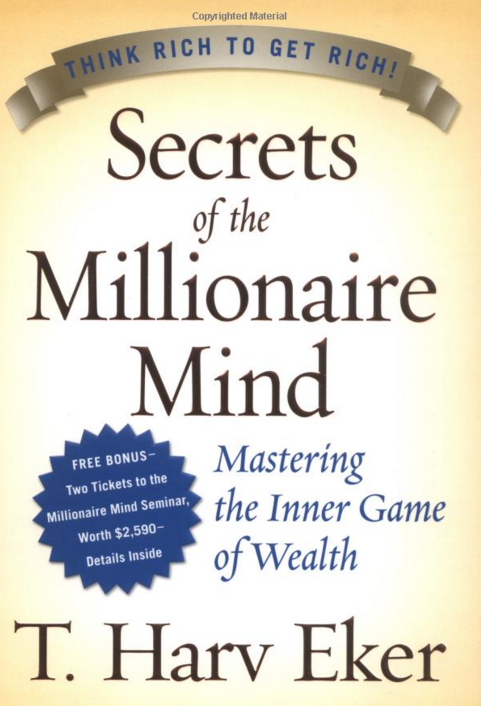
‘Secrets of the Millionaire Mind: Mastering the Inner Game of Wealth,’ by T. Harv Eker
The difference between rich people and everyone else isn’t found in their education, intelligence, skills, luck, or choice of jobs or investments. Rich people simply think and act differently than the average person, self-made millionaire Eker explains in “Secrets of the Millionaire Mind.”
The good news is that success is a learnable skill, and anyone can start thinking, acting, and making choices like the super wealthy.
As Eker writes, “If you want to be a great golfer, you can learn how to do it. If you want to be a great piano player, you can learn how to do it … If you want to be rich, you can learn how to do it.”
In the bestselling book, Eker reveals 17 ways rich people think and act differently and identifies specific “millionaire mind actions” that could help you grow your money.
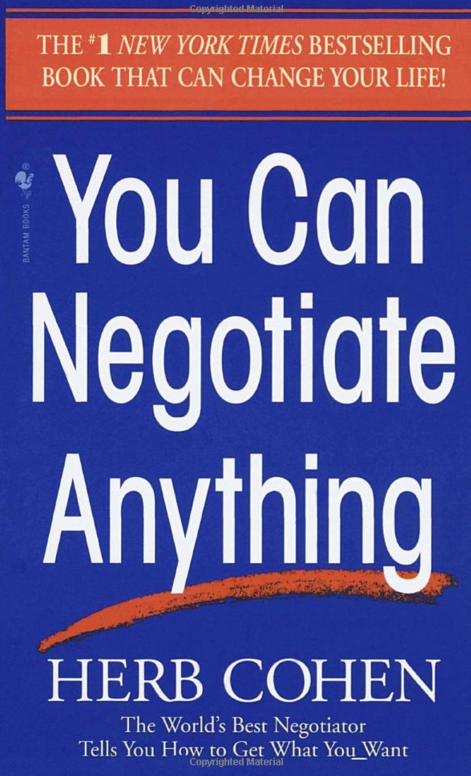
‘You Can Negotiate Anything,’ by Herb Cohen
“You don’t get what you deserve. You get what you negotiate.” That’s what personal-finance expert Farnoosh Torabi, who doubled her salary at age 26, preaches.
Negotiation, particularly salary negotiation, is intimidating and nerve-racking. It’s not something we do every day, or even every month, but it’s a critical skill to develop if you want to get ahead financially.
Start with Cohen’s bestseller, “You Can Negotiate Anything.” Whether you’re dealing with your boss, bank manager, or spouse, this book will help you get what you want — and what you deserve.
Cohen’s book worked for one 28-year-old woman who made more than a $30,000 leap within the same company.
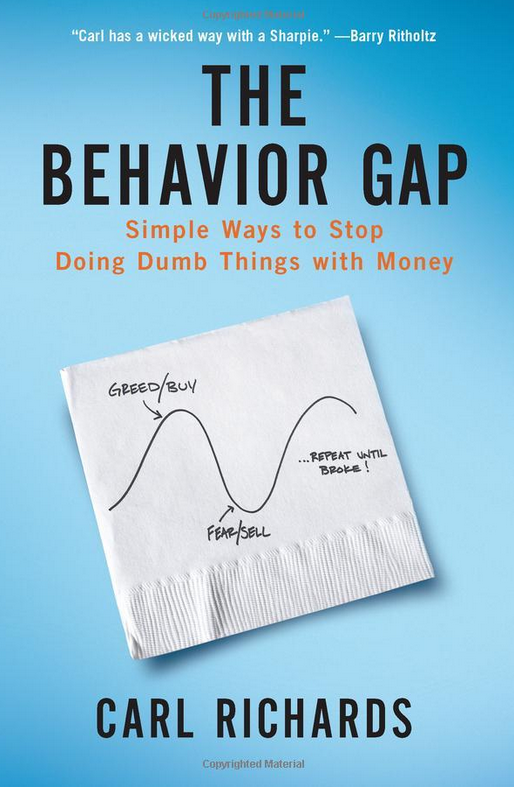
‘The Behavior Gap: Simple Ways To Stop Doing Dumb Things With Money,’ by Carl Richards
Most of us are aware we make bad decisions with our money, but we rarely think about why we do it. Using simple, funny scenarios anyone can relate to, “The Behavior Gap” lays out the why and offers tips on how to change our behavior.
A financial planner by training, Richards focuses on the silly mistakes people make over and over again — spending money they don’t have, buying high because everyone else is, buying things that aren’t meaningful — and explains how our natural instincts lead us astray even when we know what we should be doing instead.

I will right away grab your rss feed as I can not find your e-mail subscription hyperlink or e-newsletter service. Do you have any? Please permit me realize so that I may just subscribe. Thanks.
Please grab our “Finish Rich Quickstart System” located on the blog site to join our list if you’re interested. Thank you!!